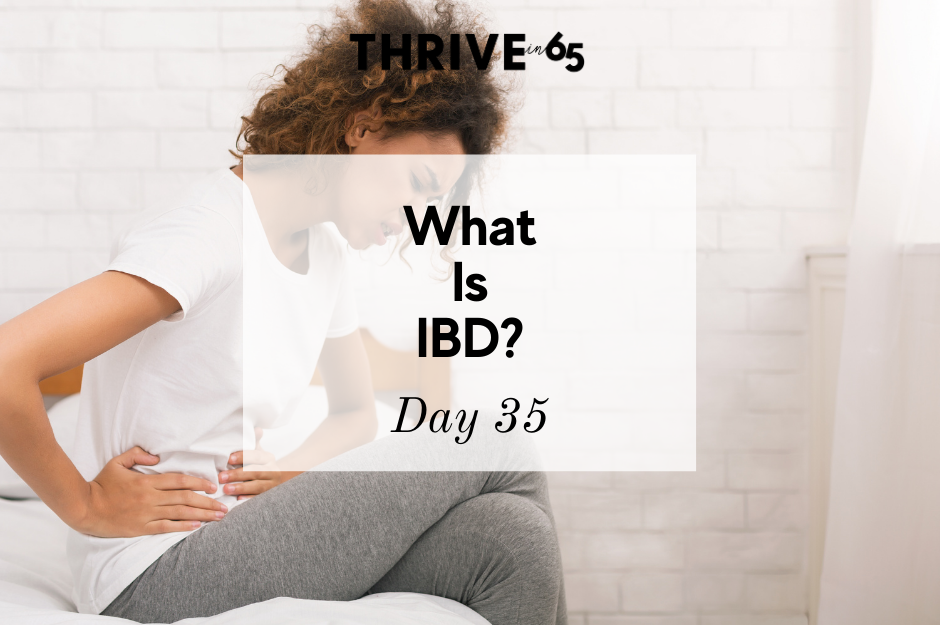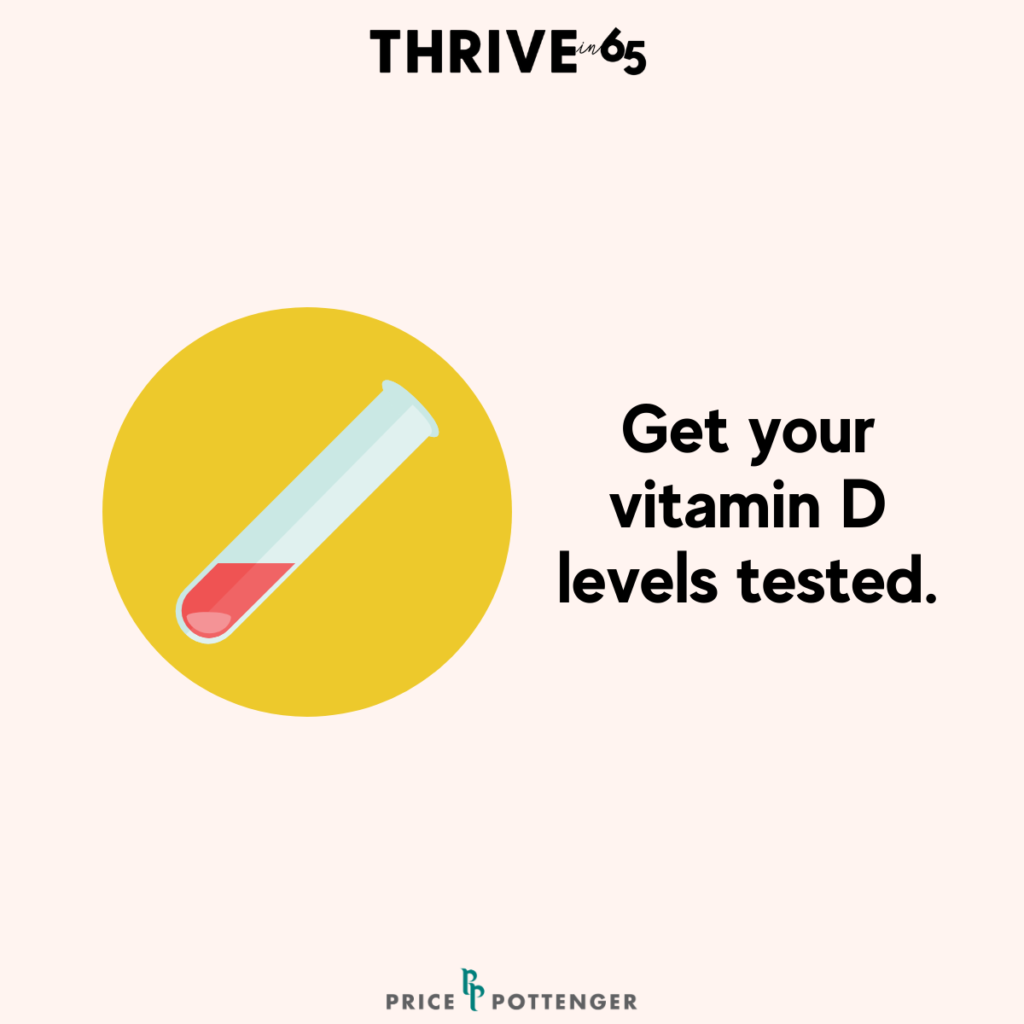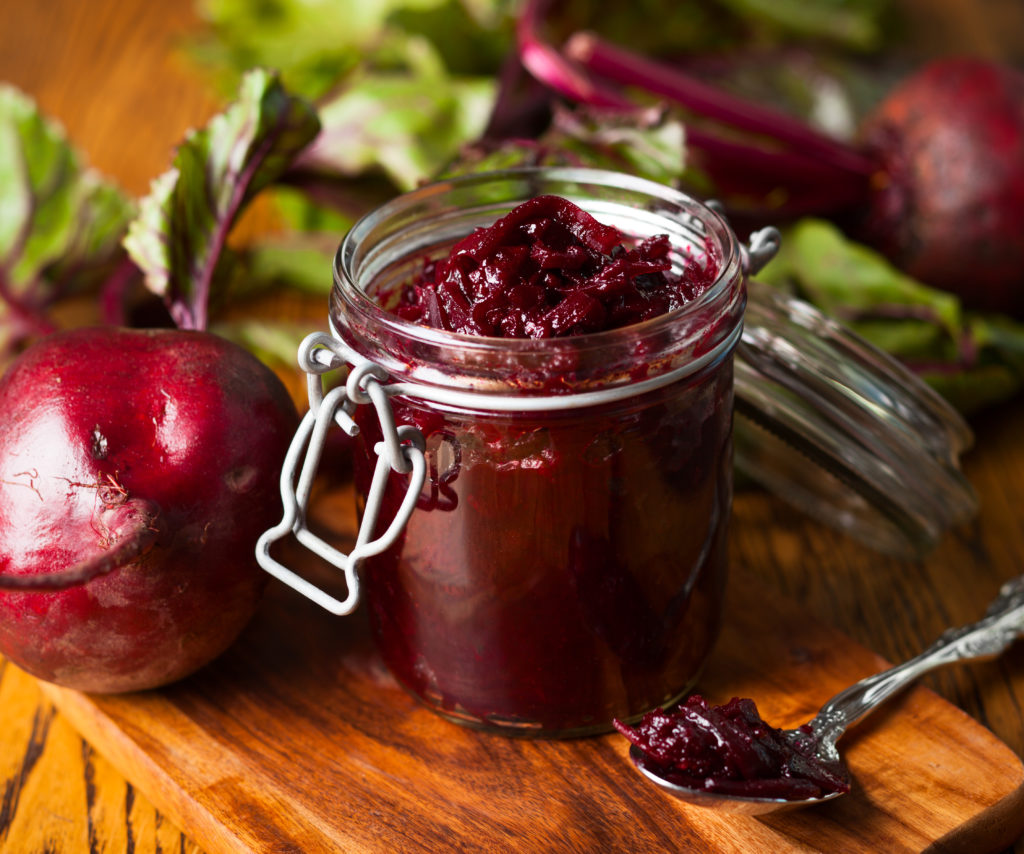Access to all articles, new health classes, discounts in our store, and more!
What Is IBD?

Inflammatory bowel disease, also known as IBD, is thought to be caused by immune problems. Ulcerative colitis and Crohn’s disease are both types of IBD. Inflammatory bowel disease affects more than 3 million adults in the US and as many as 80,000 children are dealing with some form of it.
What Causes IBD?
Inflammatory bowel disease is different from IBS or leaky gut. It occurs when inflammatory pockets of pus and sores line the intestines, resulting in pain and other chronic symptoms. Both types of IBD result in this type of damage, with Crohn’s referring to disease that is primarily located in the small intestine and ulcerative colitis in the large intestine.
The digestive tract is essential for breaking down food and facilitating the absorption of nutrients. When the lining of either the small or large intestine is compromised, it affects digestion, absorption, and elimination. This can result in nutrient deficiencies, unintended weight loss, and other complications.
Inflammatory bowel disease has roots in autoimmunity, but other things may be risk factors for the disease process, including age (being under 30) and having any family history of the disease. People who have Crohn’s or ulcerative colitis may also have other autoimmune disorders or digestive problems.
Most people who have IBD develop symptoms slowly over time. This can result in a lengthy time to a diagnosis or confusion over what is causing symptoms.
Common symptoms of IBD include:
- Diarrhea (sometimes bloody)
- Rectal pain (sometimes bleeding)
- Bowel urgency
- Intestinal/abdominal pain and cramping
- Unintended weight loss (failure to thrive in children)
- Fatigue
- Unexplained fever
Natural Ways to Address IBD
Gut health is essential for being a healthy person. When your gut problems are caused by inflammatory disease, it becomes even more crucial to find natural ways to support digestion and to reduce chronic inflammation.
Common medical treatments for IBD include anti-inflammatory medications or steroids, but these can come with many side effects. In some cases, they may be unavoidable, depending on the severity of the disease. Still, natural methods—such as diet and lifestyle adjustments—have a good track record for helping those with IBD regain quality of life. Many in the ancestral health communities embrace the autoimmune protocol (AIP) diet for Crohn’s and ulcerative colitis.
The AIP diet involves removing many inflammatory foods and eating foods that are rich in nutrients to help repair the gut lining. Bone broth, organ meats, high-quality proteins, and omega-3 fats are all vital. The Low FODMAP diet is also used by some IBD patients to manage intestinal pain since this reduces carbohydrates that are often associated with painful bloating.
Certain nutrients are also important for healing from IBD. Even with a therapeutic diet, some supplements can be helpful for optimizing nutrient levels and reducing inflammation. If you have IBD and you are not taking any supplements, ask for guidance from your trusted healthcare provider.
Supplements that may support IBD include:
- Vitamin D: This fat-soluble vitamin is important for all aspects of immune health and is closely related to gut health. There are many vitamin D receptors located in the gut. When you have health conditions that impact how your gut works, you may be at higher risk of vitamin D deficiency. Since it’s a critical nutrient for optimal health, vitamin D levels should be regularly tested to determine the appropriate supplemental dose.
- Probiotics: The good bacteria that live in the gut, probiotics are often important for Crohn’s and ulcerative colitis. Depending on the person’s sensitivity, they may not be able to consume fermented foods. Probiotic supplements are often easier to consistently take. Research has looked at specific brands of probiotics and found that they can be therapeutic for IBD in some cases. Work with your practitioner to decide on the right product and dose for your needs, as individualized approaches are most effective.
- B vitamins: Any time gut health is compromised, there may be a risk for low B vitamin levels, especially folate and B12. These nutrients are vital for healthy methylation and gene expression and must be absorbed in the gut. Supplementation can help to ensure that levels do not become deficient.
- Anti-inflammatory herbs: Some herbs can be used for natural inflammation modulation. These include turmeric, Boswellia, and marshmallow root. Herbal medicine can come in extracts, tinctures, and other forms, including proprietary blends. Because products can differ widely in their active ingredients and dosage, work with a trusted practitioner to determine which herbs may best support your healing.
Today’s Simple Step
While you should always pay attention to digestive symptoms you may be having, it’s always a good idea—symptoms or not—to get your vitamin D3 levels tested. The actual name of the blood test to request is Vitamin D3 25-Hydroxyvitamin D. Have this test run once or twice a year. As mentioned earlier, your gut has vitamin D receptors. Some won’t function optimally because of digestive problems, but others may be less effective because of genetics or weight. Assessing your vitamin D level is a proactive way to protect your health.
Today’s Recipe
This Raw Beet Relish is an AIP-friendly dish for those who need it, but it’s also a great vegetable side dish that works with any diet! If you’re not used to eating beets, this is a great way to integrate them into your diet.




